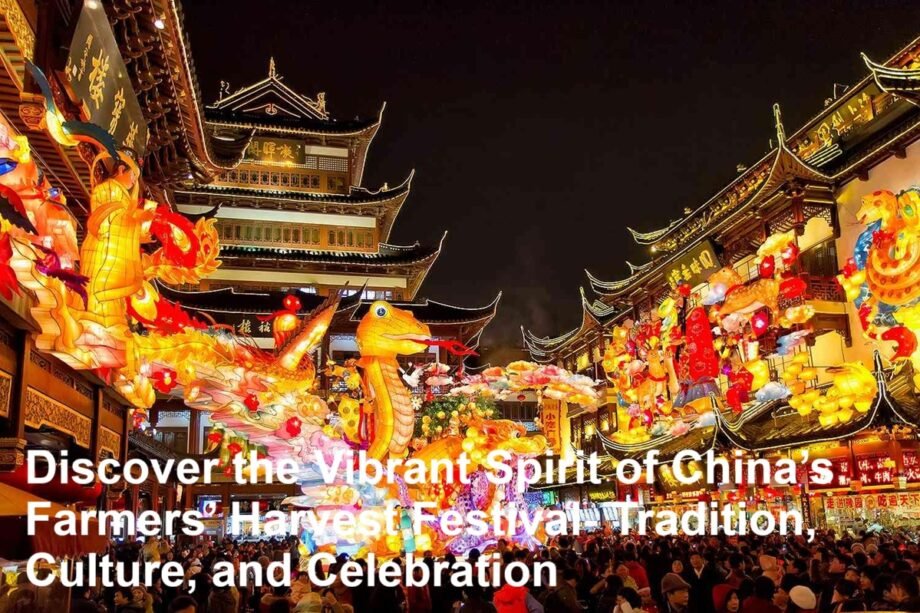Introduction
China’s Farmers’ Harvest Festival is a colorful and joyous celebration that honors the rich agricultural heritage and hard work of farmers across the nation. Marked annually, this unique festival brings communities together to celebrate the fruitful harvest season with traditional rituals, cultural performances, and abundant feasting. This article explores the origins, customs, and significance of the festival, providing an authoritative and SEO-optimized overview to engage readers and inform them about one of China’s most exciting cultural events.
Background and Origin of the Farmers’ Harvest Festival
The Farmers’ Harvest Festival was officially established in 2018 by the Chinese government to promote and recognize the invaluable contributions of the agricultural sector. Celebrated on the 23rd day of the eighth month in the lunar calendar, this festival symbolizes gratitude for nature’s bounty and showcases China’s deep-rooted agrarian traditions.
Historically, harvest celebrations have been part of Chinese culture for thousands of years, reflecting the importance of farming as the backbone of the nation’s economy and daily life. Today, the festival reaffirms this cultural heritage while fostering community spirit and national pride.
Festive Traditions and Activities
The festival’s activities are rich and varied, reflecting the diversity of China’s rural regions. Across the countryside and in cities, farmers and their families participate in rituals that thank the gods for good weather and abundant crops. Offerings of rice, vegetables, fruits, and livestock are presented at altars, and traditional dances and music performances fill the air with vibrant energy.
Popular activities include lantern displays, dragon boat races, and folk art exhibitions. Many communities also hold agricultural fairs, showcasing local produce and handicrafts, promoting rural tourism, and supporting farmers economically.
Cultural Significance and Community Impact
Beyond celebration, the festival serves as a vital platform to raise awareness about sustainable farming practices and rural development initiatives. It encourages younger generations to appreciate and continue agricultural traditions in the face of modernization.
The Farmers’ Harvest Festival also strengthens social bonds by bringing together people from different backgrounds to appreciate the shared value of agriculture. For many rural residents, it is an opportunity to revel in their achievements after a year of hard work.
Economic and Tourism Benefits
The festival has sparked growth in rural tourism, attracting visitors eager to experience authentic Chinese culture. Local governments have leveraged the festival’s popularity to enhance infrastructure and promote their unique agricultural products internationally.
Farmers benefit from increased sales of produce and handicrafts during festival events, which boost rural economies and improve livelihoods. This positive economic impact aligns with China’s broader goals of rural revitalization and poverty alleviation.
International Recognition and Future Outlook
As China continues to open its cultural treasures to the world, the Farmers’ Harvest Festival gains recognition as a remarkable example of intangible cultural heritage. Efforts are underway to share this celebration globally through media coverage and cultural exchanges.
Looking ahead, the festival promises to grow in scale and influence, continuing to honor farmers while promoting sustainable agriculture and cultural pride.









